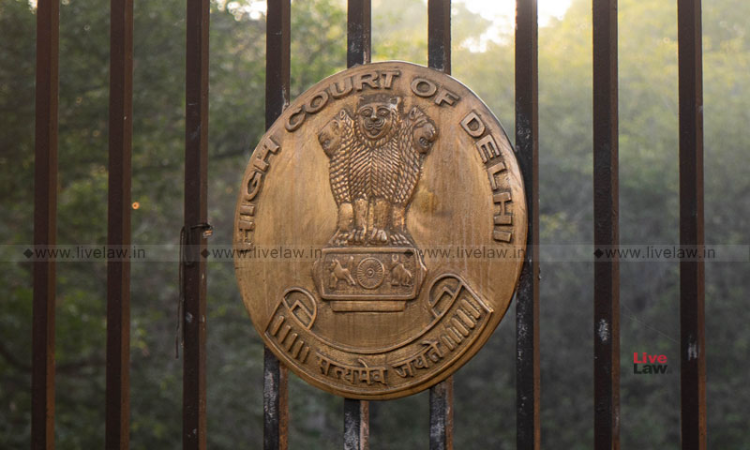A bench of Justice Prathiba Singh in the Delhi High Court has stayed proceedings arising out of the attachment of properties of Deccan Chronicles Holding Ltd by the Enforcement Directorate (ED), on a plea by Union Bank of India (UBI) stating that corporate insolvency resolution process (CIRP) was already initiated against Deccan Chronicles and that the attachment by ED has been done after...

